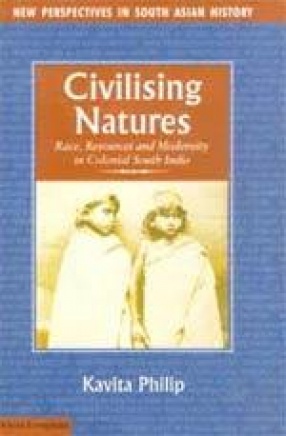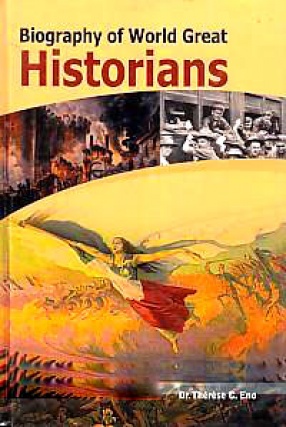This is a deeply local and irreducibly global story about the construction of nature in Southern India. In its telling, Kavita Philip reveals how science, both as a scholarly discipline and as a concept in the popular imagination, was critical to building hegemony in the British Empire. Science also inspired alternative ideas of progress by elites and the disenfranchised. These competing spectres continue to haunt postcolonial modernities. Why and how has science so powerfully shaped both the common sense of individuals and the development of postcolonial states? Philip suggests that our ideas of race and resources are key. Racial constructions of nature and modernity helped criminalise and sedentarise ‘unruly natives’. Tribal populations were studied by ethnographers, managed by revenue officials, recruited by plantation contractors, and modernised by missionaries. Nature, natives and modernity were interdependently constituted. Lucidly and powerfully written, Civilising Natures tells us how race and nature are fundamental to understanding post-colonial modernities and subtly reveals the multi-layered and complex relationships that exist between science and religion, pre-modern and civilised, environment and society.
History: What and Why? Ancient, Modern, and Postmodern Perspectives
History: What and Why? Is a ...
$22.50
$25.00





There are no reviews yet.